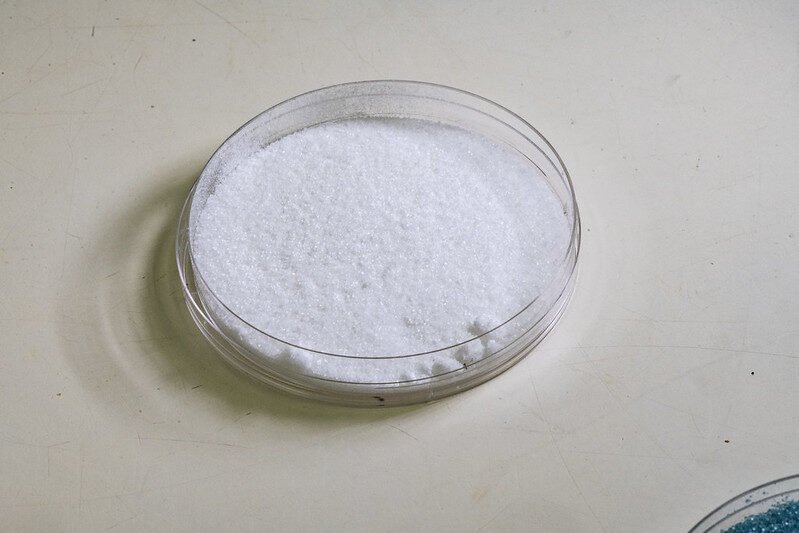Could Your “Sugar-Free” Sweetener Actually Be a Health Risk? The Surprising Truth About Erythritol
If you’ve ever looked for a healthier alternative to sugar, chances are you’ve come across erythritol. It’s that sweetener in everything from diet sodas to protein bars, and it’s often marketed as the “good” sugar substitute. After all, it’s low-calorie and doesn’t spike your blood sugar. But what if it’s not as harmless as it seems?
New research is making some people seriously rethink their relationship with erythritol. While it’s often touted as a healthier option for those cutting back on sugar, recent studies have uncovered a pretty alarming connection: it could raise your risk of stroke. Yes, really.
So, what’s the issue? Erythritol has been linked to the damage of something called the blood-brain barrier. Think of it like the body’s security system that keeps harmful stuff out of your brain. When this barrier is compromised, dangerous substances—like blood clots—can slip through, increasing the chances of a stroke. And if you already have heart problems or other risk factors, this could be a real concern.
Now, don’t panic just yet. This doesn’t mean you should toss out all your sugar-free treats immediately. But it’s a reminder that we need to take a closer look at what we’re putting into our bodies, even when it’s marketed as “safe” or “natural.” We often think that sugar substitutes are automatically good for us, but the reality might not be so clear-cut.
So, if you’ve been using erythritol as your go-to sweetener, maybe it’s worth considering other options that don’t carry the same potential risks. Things like stevia or monk fruit are gaining popularity, and they might be safer bets. At the end of the day, it’s all about moderation and being informed.
The main takeaway here? Just because something’s labeled as “sugar-free” doesn’t automatically mean it’s without risks. Stay aware, stay curious, and keep checking in on the latest research—especially when it comes to your health.

